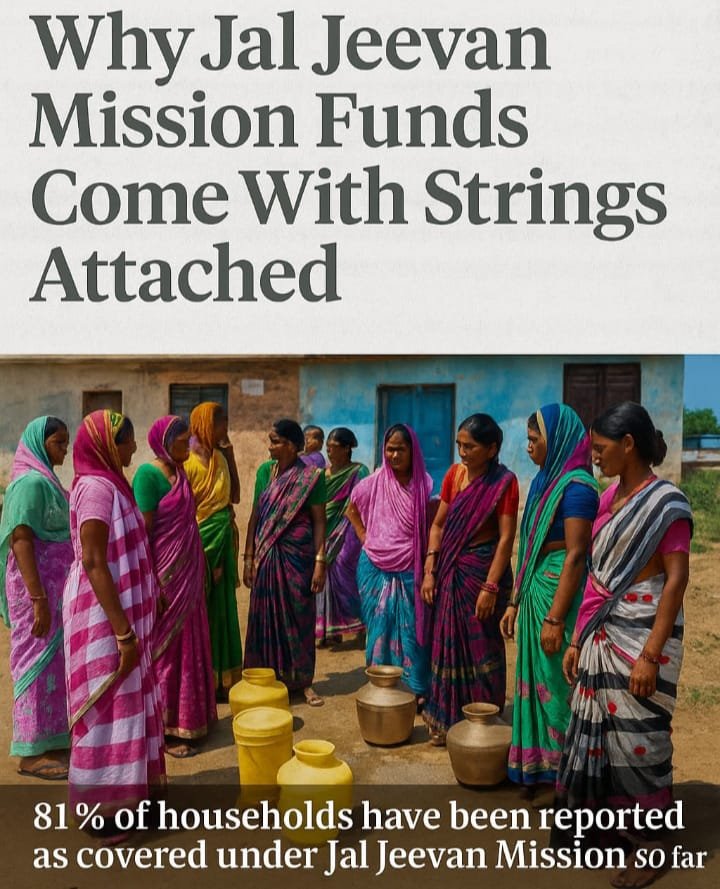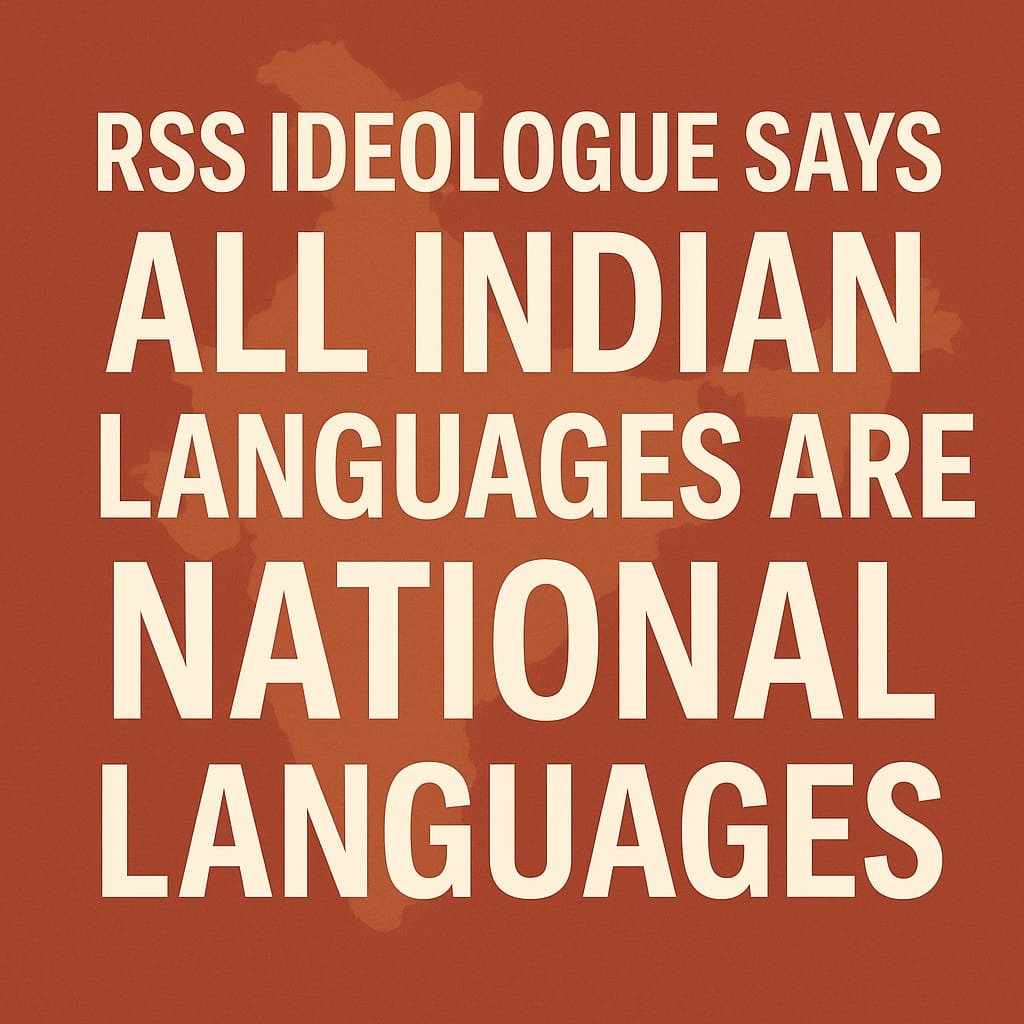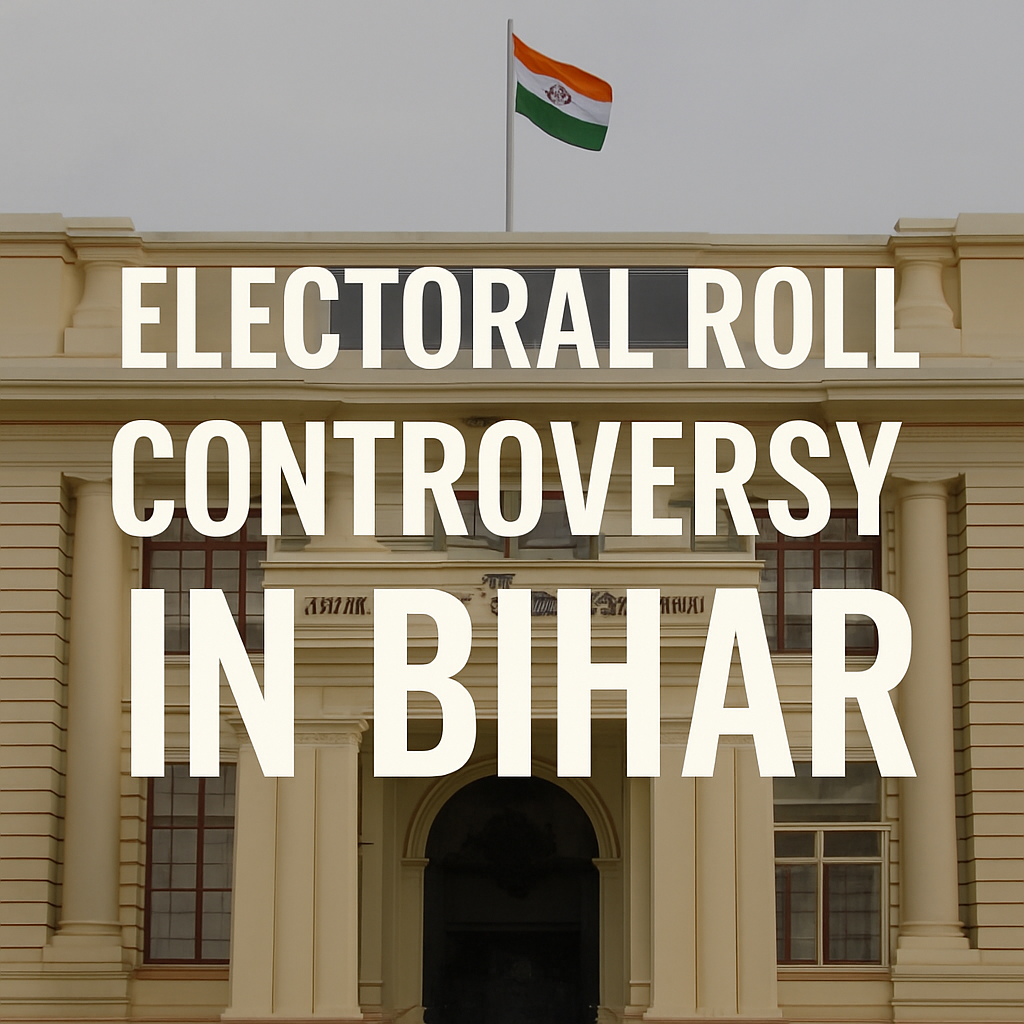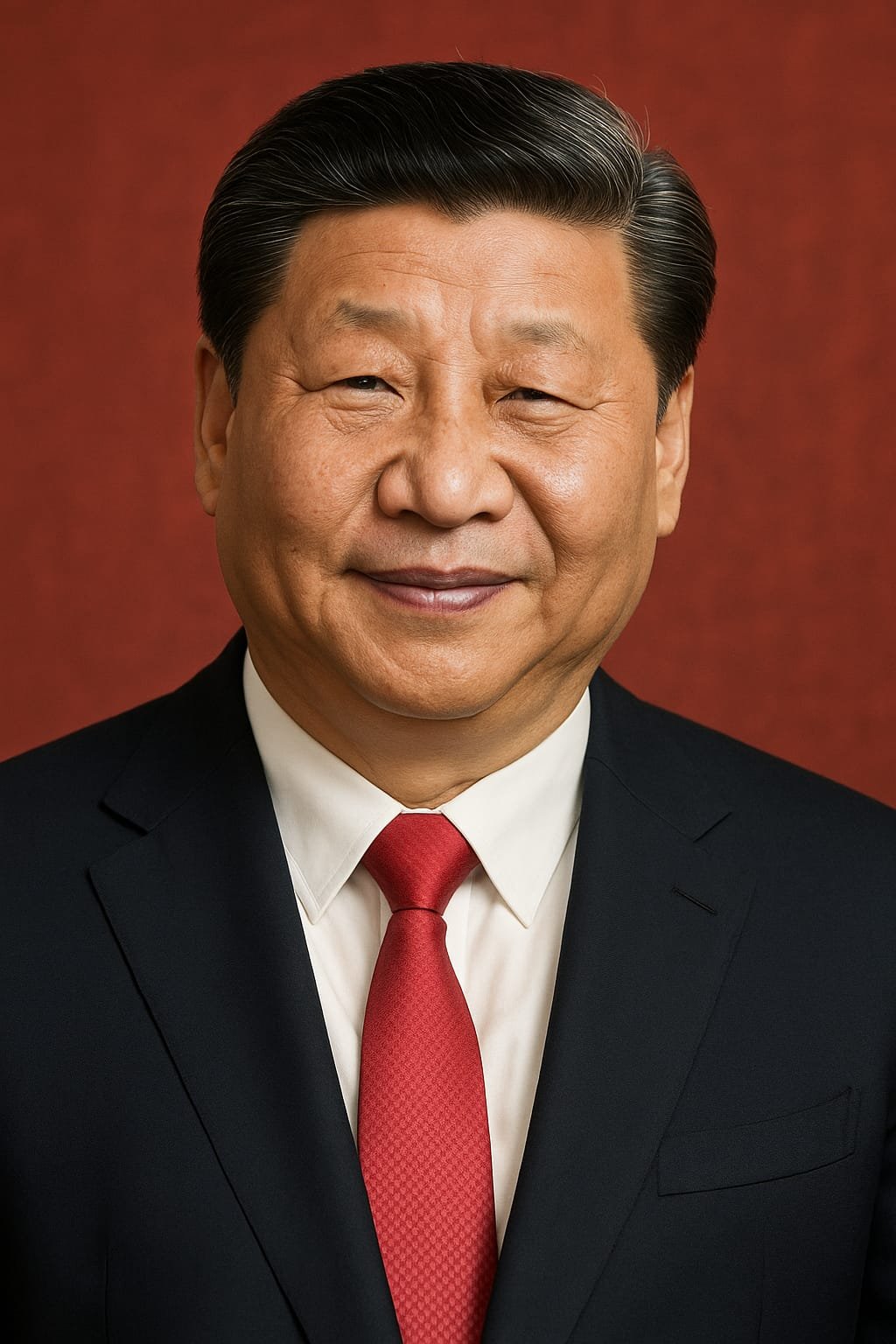The function of exit polls has been the focus of much discussion and examination in the dynamic and complex context of Indian democracy. To lessen their possible impact on voting behavior, the Election Commission of India (ECI) has taken a firm stance and prohibited the release of exit polls during elections. This prohibition, which was put in place to protect the electoral process's integrity, brings up significant issues about the relationships between public opinion, media narratives, and political commentators. InsightfulTake investigates how these factors interact to influence Indian politics, especially in view of the ECI's rules.
The Role of Exit Polls in Indian Elections
Surveys known as exit polls are carried out right after voters depart voting places with the goal of forecasting election results using sampling data. Their predictive nature is complicated, especially in a nation as diverse and complex as India, even though they might offer insights into voter opinion.
Exit polls have historically come under fire for their ability to influence voter choices, leading to a bandwagon effect in which people choose to back a party or candidate based more on appearances than on knowledge. In light of these dangers, the ECI's prohibition on exit polls during election seasons is an essential step in guaranteeing that voters are free from outside influences while making decisions.
Political Pundits and Media Narratives
Despite the ban on exit polls, political pundits continue to play a significant role in shaping public perception. These analysts, who are frequently portrayed as authorities, use their platforms to analyze electoral data and political trends, frequently using criteria such as past voting trends. Even in the absence of official exit poll data, its analysis can affect how voters see different political parties and candidates.
These stories are then spread by the media. Public discourse and the electorate's perception of the political landscape are shaped by coverage of political events and expert opinions. A party's campaign may be portrayed skewedly by pundits who highlight some elements or minimize others, which may affect voter attitude.
The Impact of the ECI's Ban
The ECI's decision to outlaw exit polls marks a dramatic change in the way Indian elections are run. The ECI seeks to lessen the possibility of manipulation and false information by outlawing the distribution of exit poll results. This legislative framework aims to create a better-informed electorate by acknowledging the psychological effects of polling data on voters.
But the power of political analysis is not diminished by the lack of exit polls. Using additional information, such as pre-election opinion polls, pundits may still make predictions about the results of the election. This conjecture may influence voters who are still unsure by fostering an atmosphere in which stories on a party's prospects predominate in public conversation.
Challenges to Democratic Engagement
Although the ECI's restriction on exit polls is intended to protect the election process, it also draws attention to the difficulties in encouraging true democratic participation. The foundation of making educated decisions can be undermined by the political narrative that is constructed by media and commentators, which can foster an atmosphere where people feel pressured to support the candidates they believe will win.
Furthermore, the prohibition calls into question the function of information in a democracy. Limiting the distribution of exit poll data could not adequately address the fundamental problems of bias and disinformation in political commentary at a time where information is shared quickly. Rather, it calls for a more comprehensive conversation about how to give voters the means to interact critically with political narratives.
Ethical Responsibilities of Pundits and Media
In light of the ECI's prohibition, the moral obligations of media organizations and political commentators become more significant. With exit polls out of the question, analysts should aim for impartiality and accuracy. This entails highlighting the significance of evidence-based discourse and admitting the limitations of their interpretations.
It is the duty of media outlets as well to provide fair viewpoints that educate the public rather than sway it. They can lessen the dangers of biased political commentary by promoting a culture of responsible journalism.
Conclusion: Navigating the New Landscape
Voters must continue to exercise caution and discernment as India navigates its electoral processes following the ECI's prohibition on exit polls. The goal of banning exit polls is to safeguard democracy, but media narratives and political commentators continue to have sway. In order to seek out different viewpoints and participate thoughtfully in political conversation, citizens must develop a critical attitude toward the material they consume.
The future of Indian democracy rests not only on laws like the ECI's prohibition but also on the electorate, media, and pundits working together to create an informed and involved public. India can make sure that its democratic processes continue to be strong, open, and representative of the will of its citizens by encouraging critical involvement and placing a high value on objectivity in political discussion.



.jpeg)

.jpeg)







.jpeg)



.jpeg)



